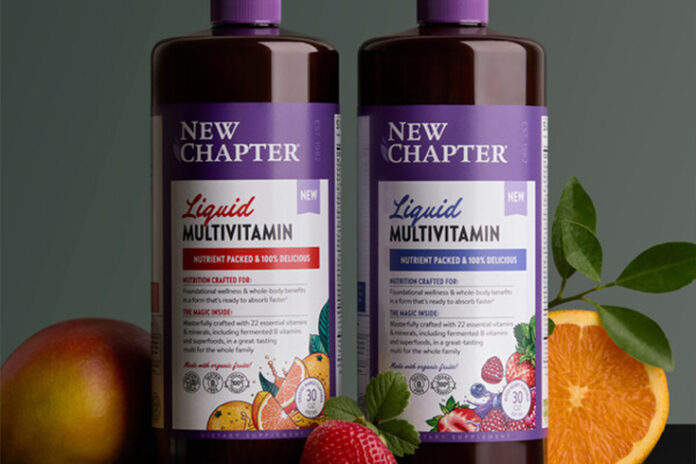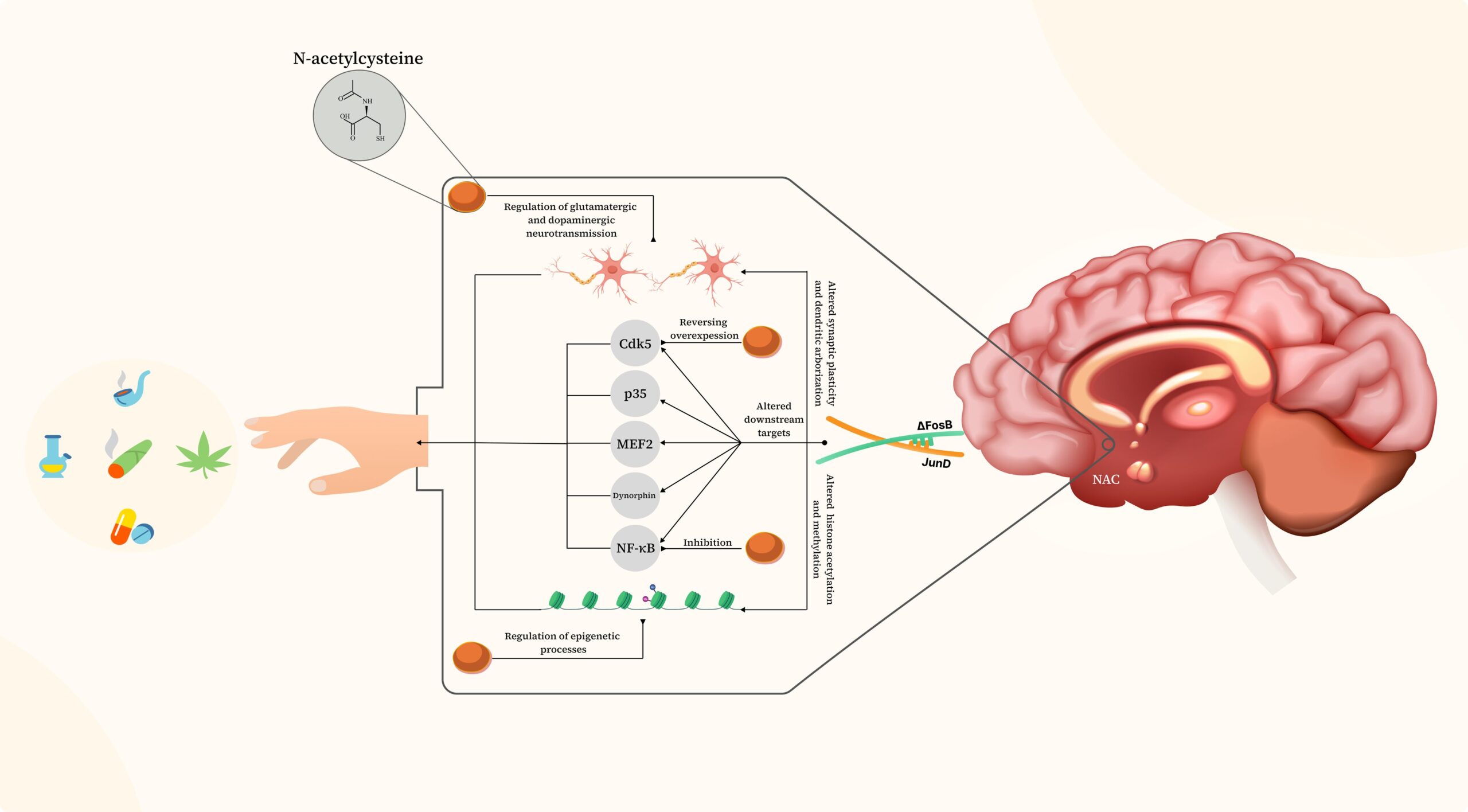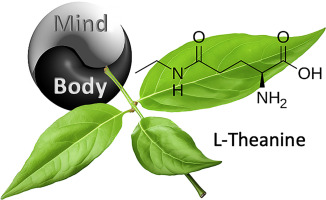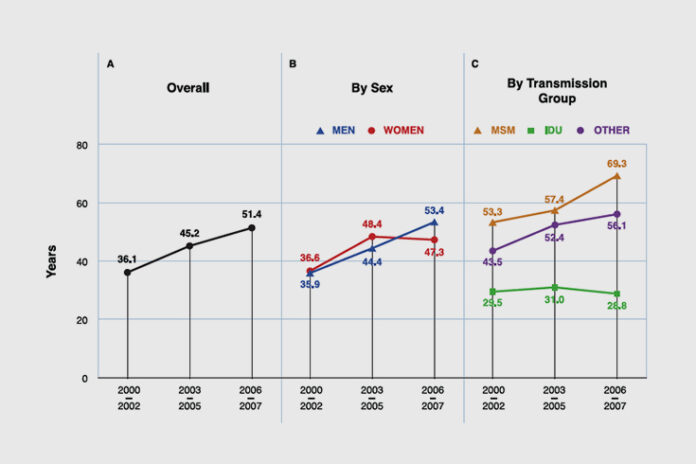A new study from the BC Centre for Excellence in HIV/AIDS (BC-CfE) has found that while life expectancy for people with HIV (PWH) in British Columbia, Canada has improved dramatically over the past few decades, women with HIV continue to experience significantly lower life expectancy gains than men.
The study, published in The Lancet Public Health, analysed data from 1996 to 2020 and found that although both men and women have benefited from advances in HIV treatment, the gap in life expectancy between the sexes has widened rather than narrowed. This disparity highlights ongoing socio-economic and healthcare barriers that disproportionately affect women living with HIV.
HIV Treatment Successes, But a Growing Gender Divide
Since 2012, British Columbia has intensified its efforts to combat HIV through the expansion of the Seek and Treat for Optimal Prevention of HIV/AIDS Program (STOP HIV/AIDS). This initiative has led to increased HIV testing, earlier treatment, and improved access to care, resulting in substantial life expectancy gains for people with HIV.
However, the benefits have not been equal. According to the study:
- Life expectancy for men with HIV at age 20 increased from 44 years (1996–2001) to 68 years (2012–2020).
- Life expectancy for women with HIV at age 20 rose from 42 years (1996–2001) to 61 years (2012–2020)—a much smaller increase.
- The life expectancy gap at ages 20 and 40 widened over time, indicating that improvements in healthcare access and treatment have not translated equally across genders.
Dr. Katherine W. Kooij, the study’s lead author, expressed concern about the findings.
“The good news is that both men and women with HIV are living longer, healthier lives thanks to safe and effective HIV treatments available at no cost in British Columbia. However, we initially expected that the life expectancy gap between men and women with HIV would narrow over time. Instead, it has grown.”
Dr. Kooij and her colleagues suspect that socio-structural factors such as healthcare barriers, poverty, housing instability, and stigma may explain why women with HIV continue to face poorer health outcomes.
Women with HIV at Higher Risk of Non-Communicable Diseases
One of the key findings of the study was that women with HIV are 33% more likely to die from non-communicable diseases—including kidney, liver, and lung diseases—compared to men with HIV. This remained true even after accounting for age, socio-economic factors, and past HIV-related health issues.
The research also showed that women with HIV are more likely to live in lower-income neighbourhoods. In the study:
- 12.3% of women with HIV lived in Vancouver’s Downtown Eastside—a neighbourhood known for high rates of unemployment, housing instability, mental health challenges, and substance use. In contrast, only 7.1% of men with HIV lived in this area.
- Women were more likely to report injection drug use as a risk factor for HIV transmission and were more likely to meet the criteria for substance use disorder.
These findings align with a larger Canada-wide study that showed women with HIV are more likely to experience food insecurity, lower income, weaker social support, and discrimination compared to women without HIV.
Additionally, the ongoing opioid crisis in British Columbia has had a disproportionate impact on women with HIV, further contributing to lower life expectancy.
The BC-CfE’s study underscores the need for urgent action to close the life expectancy gap for women with HIV.
“While we continue researching the causes of these disparities, immediate steps must be taken to support women with HIV,” said Dr. Kooij. “Low-barrier healthcare, better housing, and stronger community connections are crucial to improving health outcomes for women.”
The study also emphasizes the importance of screening and prevention efforts for non-communicable diseases among women with HIV. Chronic illnesses, often overlooked in HIV care, are becoming the leading causes of death in this population.
“The life expectancy gap between men and women with HIV should be narrowing—not getting worse,” added Dr. Kooij.
Key Study Insights
- The study included 11,738 men (82.2%) and 2,534 women (17.8%) with HIV, all aged 20 or older.
- Life expectancy was measured at ages 20, 40, and 55 over three periods: 1996–2001, 2002–2011, and 2012–2020.
- The findings contrast with global trends, where women typically outlive men in the general population.
About the BC Centre for Excellence in HIV/AIDS
The BC Centre for Excellence in HIV/AIDS (BC-CfE) is Canada’s largest HIV/AIDS research, treatment, and education centre, internationally recognized for its leadership in combating HIV/AIDS. It pioneered the Treatment as Prevention® (TasP®) strategy, which has influenced global targets, including UNAIDS’ 95-95-95 goal to end the HIV pandemic by 2030.
Beyond HIV, the BC-CfE applies its Targeted Disease Elimination® approach to areas such as viral hepatitis and addiction, working closely with government agencies, healthcare providers, researchers, and communities to improve health outcomes across Canada and globally.
Final Thoughts
This study is a stark reminder that progress in HIV treatment does not automatically translate to equal outcomes for all. While medical advancements have significantly extended life expectancy for people with HIV in British Columbia, women continue to face systemic barriers that limit their ability to benefit fully.
Closing this gap requires a comprehensive approach—one that goes beyond medical care to address the social determinants of health affecting women with HIV. By tackling issues such as housing instability, economic insecurity, and healthcare access, policymakers and healthcare providers can help ensure that all people living with HIV have an equal chance at a longer, healthier life.



















